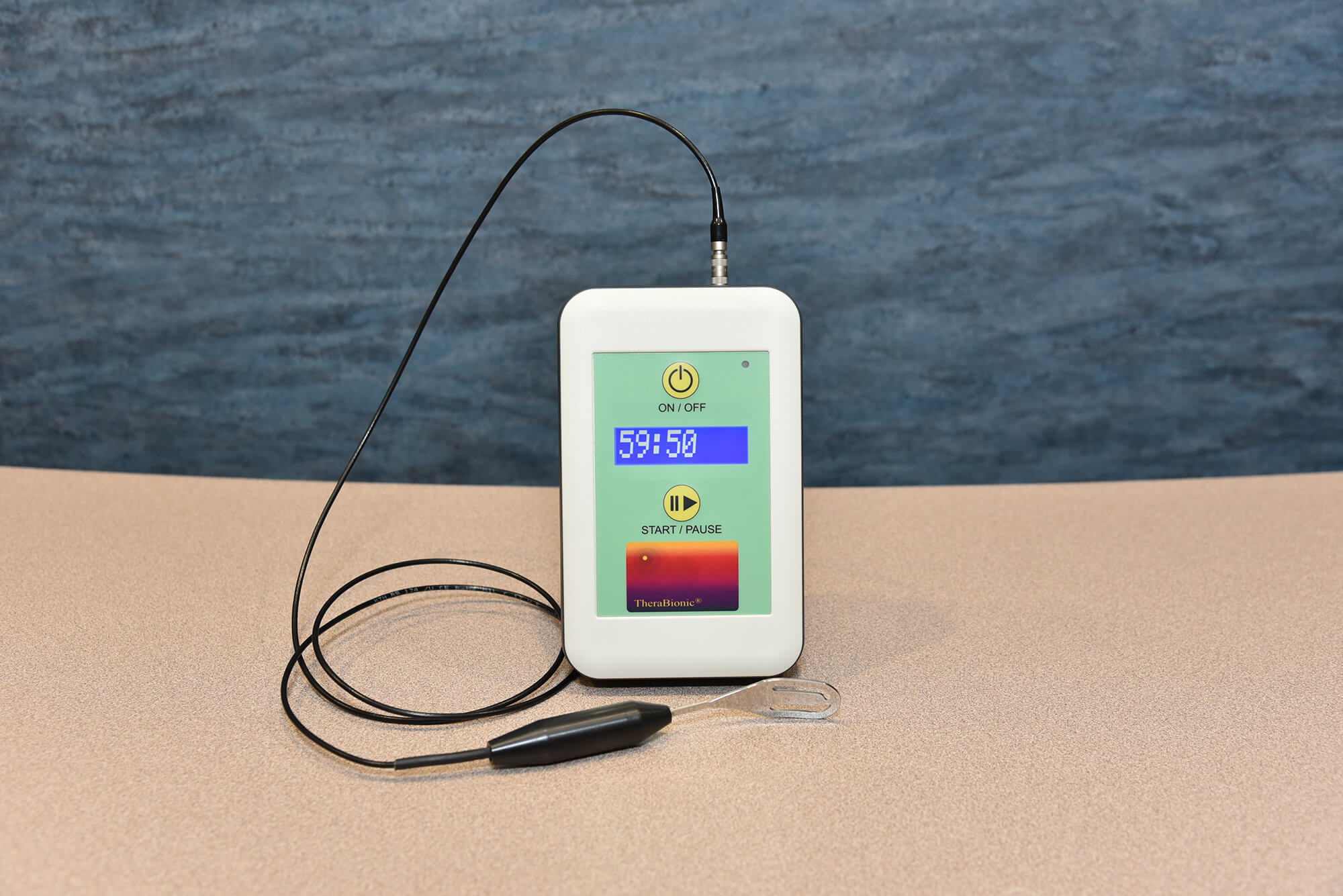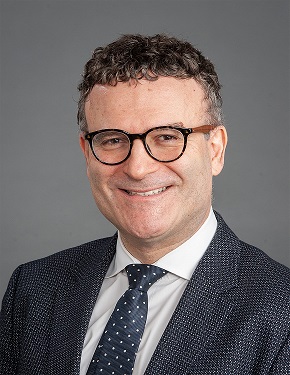
The Barbara Ann Karmanos Cancer Institute, the largest provider of cancer care and research in Michigan and part of McLaren Health Care, announced that it will be the first provider in the country to offer patients the new TheraBionic P1 device for the treatment of advanced hepatocellular carcinoma, the most common type of liver cancer.
Hepatocellular carcinoma accounts for approximately 90% of all liver cancers, with average survival rates between six and 20 months.

The innovative TheraBionic P1 device, approved by the Food and Drug Administration, is a novel at-home treatment that emits low levels of radio-frequency electromagnetic fields that block the growth of tumor cells without affecting healthy tissue. The device is approved for treating patients 18 years of age and older who fail first- and second-line therapies.
“Twenty years ago, I hypothesized that radio frequencies might block tumor growth and hoped one day it could make a meaningful difference and become the future of cancer treatment, so it’s incredibly rewarding to see the TheraBionic P1 device finally come to market starting with Karmanos, an organization on the cutting edge of cancer innovation, research and novel therapies,” said Boris Pasche, M.D., Ph.D., FACP, president and chief executive officer of KCI, and chief executive officer of TheraBionic Inc. and co-inventor of the TheraBionic P1 device.
“Advanced hepatocellular carcinoma is an incurable cancer, so the FDA’s approval of this non-invasive treatment option is transformative as physicians across the country will now have access to this revolutionary treatment that has proven to prolong the life of those battling the disease,” added Dr. Pasche, chair of the Wayne State University Department of Oncology.
TheraBionic P1 is a hand-held device that produces low levels of 27.12 MHz radiofrequency electromagnetic fields, which are amplitude-modulated at tumor-specific frequencies. The device, fully portable for home use, is coupled with a spoon-shaped antenna placed on the patient’s tongue during treatment administered in three, one-hour sessions per day, delivering low levels of radiofrequency electromagnetic fields throughout the patient’s body. The radiofrequency levels delivered during treatment are lower than those generated by cellular phones when held close to the body.
“Often, patients with advanced hepatocellular carcinoma who fail first- and second-line therapies have severely impaired liver function, so additional treatment options are limited or nonexistent. We are very pleased that the TheraBionic P1 device will provide our patients with an effective alternative treatment option,” said Anthony Shields, M.D., Ph.D., professor of Oncology and leader of the Gastrointestinal and Neuroendocrine Oncology Multidisciplinary Team at Karmanos. “We’re excited to be the first cancer hospital in the United States to offer this innovative therapy that is safe, well tolerated and has the clinical benefit of reducing tumor growth.”
“The TheraBionic P1 device has a proven response rate that is comparable to the best treatment options available for advanced hepatocellular carcinoma, so it is immensely gratifying to provide patients access to this easy-to-use, at-home solution that can critically impact their quality of life,” Dr. Pasche said.
No serious adverse events have been reported with the use of the TheraBionic P1 device after more than six years of continuous use. Physicians treating patients who meet the criteria of TheraBionic P1 device can prescribe treatment, and TheraBionic will ship the device to the practice.
Multiple clinical trials are underway studying the device’s impact on other cancers such as breast, brain, ovarian, gallbladder, pancreatic and prostate.
Originally published at https://www.karmanos.org/karmanos/news/karmanos-cancer-institute-first-to-receive-new-fda-4771